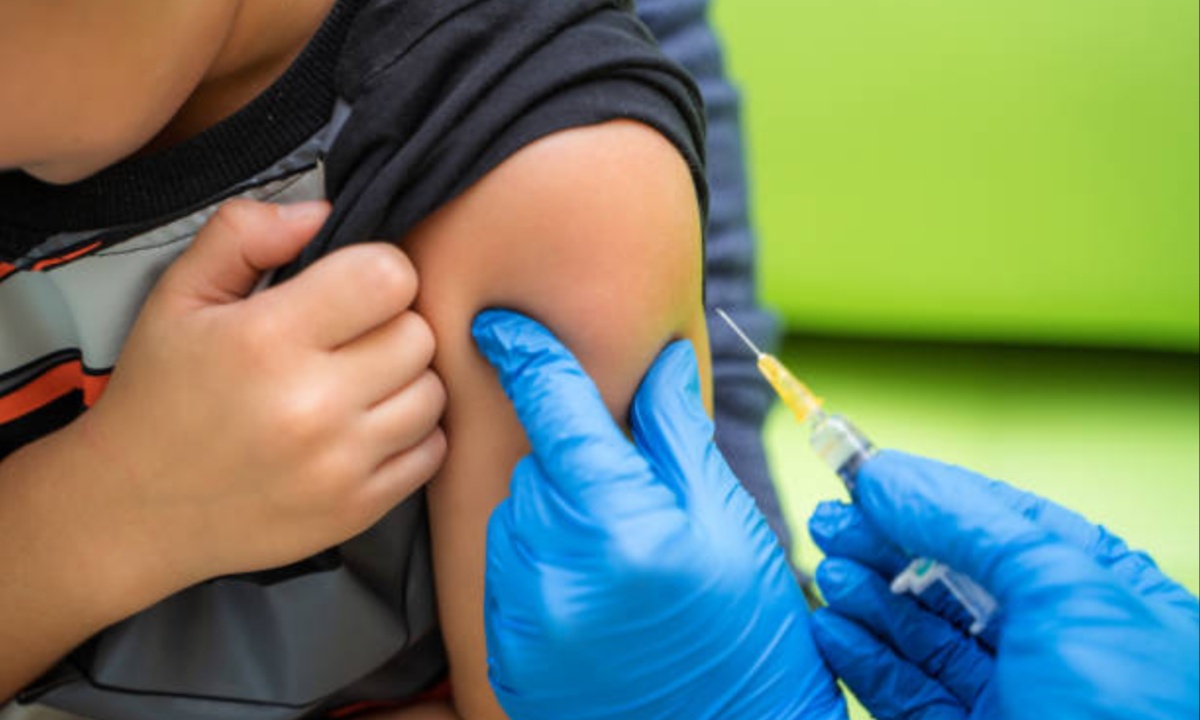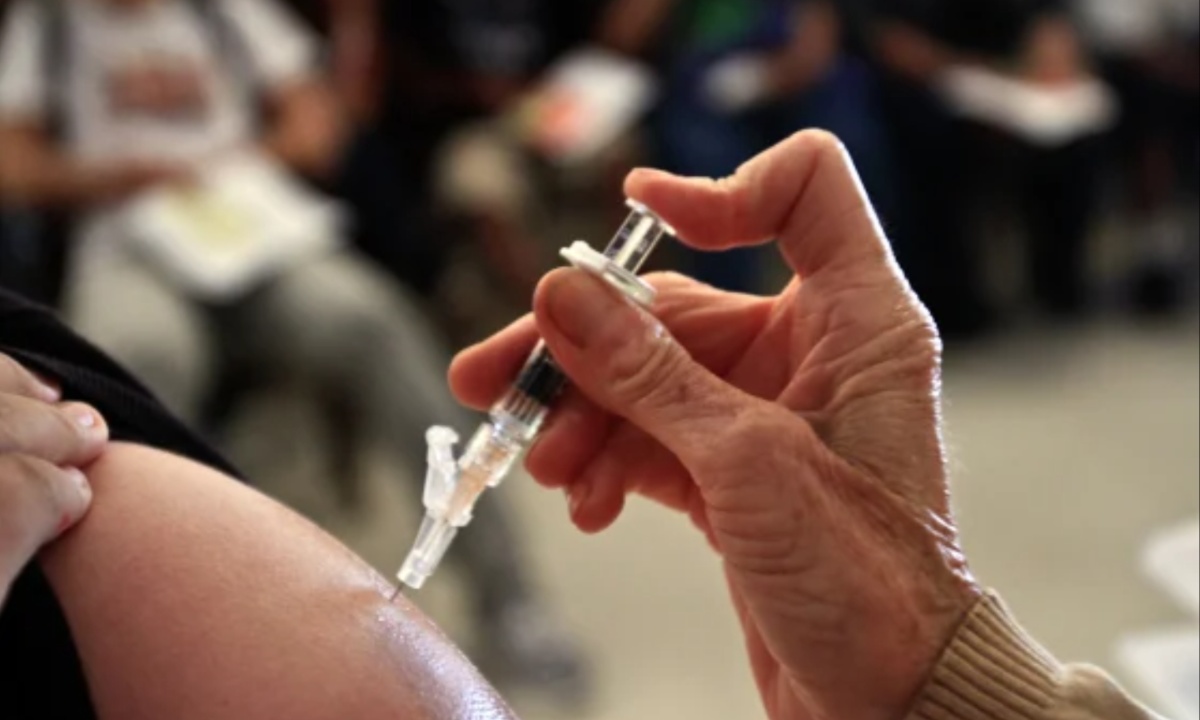Recent data from the Centers for Disease Control and Prevention (CDC) indicates a troubling rise in whooping cough (pertussis) infections in the United States, with over 17,600 cases reported as of October 5, 2024. This figure marks a dramatic increase of more than 340% from the 3,962 cases recorded in the same month last year.
Before the COVID-19 pandemic, annual cases typically surpassed 10,000, peaking at 18,600 cases in 2019. However, the reported cases plummeted to a mere 2,100 in 2021, likely due to the widespread public health measures aimed at controlling the pandemic.
The spike in cases is concentrated in specific states, with Pennsylvania leading at 2,209 cases, followed by New York, Illinois, and California among others. Public health experts attribute this resurgence to a combination of factors, including low vaccination rates in certain populations and weakened herd immunity.
Katy Dubinsky, a pharmacist and health expert, emphasizes that pertussis spreads more easily in communities with inadequate vaccination coverage, allowing the disease to flourish as immunity from both vaccination and past infections diminishes.
Whooping cough is highly contagious and primarily affects the respiratory system. It is characterized by severe coughing fits that can be alarming, especially in young children. Initial symptoms often resemble those of a common cold, such as a runny nose and fever.

However, as the disease progresses, patients experience uncontrollable coughing fits that culminate in a distinctive “whooping” sound during inhalation. Dr. Marc Siegel, a medical analyst, stresses the importance of vaccination, highlighting that the Tdap vaccine for adults and the DTaP vaccine for children are essential tools in preventing severe complications associated with the disease.
Vaccination is vital in the fight against whooping cough, as it provides protection for three to five years. Infants, who cannot yet receive vaccinations, are at the highest risk for severe illness, making it critical for pregnant women to receive the Tdap vaccine during each pregnancy.
This vaccination provides passive immunity to newborns until they are old enough to receive their own shots. The efficacy of the vaccine highlights the need for individuals to keep their immunizations up to date, which is crucial in controlling the spread of whooping cough.
Given the severity of whooping cough, especially in infants and immunocompromised individuals, early medical intervention is essential if the infection is suspected. Diagnosing whooping cough can be challenging, as initial symptoms often mimic those of viral infections.
Treatment usually involves antibiotics, such as doxycycline for adults and azithromycin for children. In severe cases, hospitalization may be necessary to monitor and manage complications effectively. Globally, pertussis remains a significant health issue, causing around 160,000 deaths among children under five each year, underscoring the importance of vaccination and prompt medical care to mitigate its impact.
